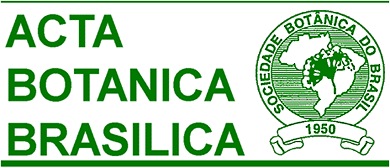ABSTRACT
Allelopathic suppression of the growth of co-occurring plant species in invaded ecosystems is an important factor in some plant invasions. This study uses leaf extracts of the invasive plant species Conyza canadensis to determine its allelopathic effects along a latitudinal gradient, and under different cover classes and degrees of invasion, on seed germination and growth of Lactuca sativa, a sensitive bioindicator of allelochemicals. The allelopathic effects of C. canadensis on seedling height, root length, seedling biomass, germination percentage, germination potential, germination index, germination rate index, and vigor index of L. sativa increased significantly with increasing latitude. A possible explanation is that the leaves of plants growing in high latitudes secrete a higher concentration of allelochemicals than do leaves of plants growing in low latitudes. The allelopathic effects of C. canadensis on seedling height, seedling biomass, germination potential, germination index, germination rate index, and vigor index of L. sativa decreased with increasing degree of invasion. The more intense allelopathic effects of C. canadensis at lower degrees of invasion may enable it to establish populations in ecosystems by inhibiting the seed germination and growth of co-occurring species.
Keywords
allelopathic effects; Conyza canadensis; invasive plant species; Lactuca sativa; seed germination and growth

 Thumbnail
Thumbnail
 Thumbnail
Thumbnail

